Madagascar: Drought and COVID-19 push 1.5 million people to the brink
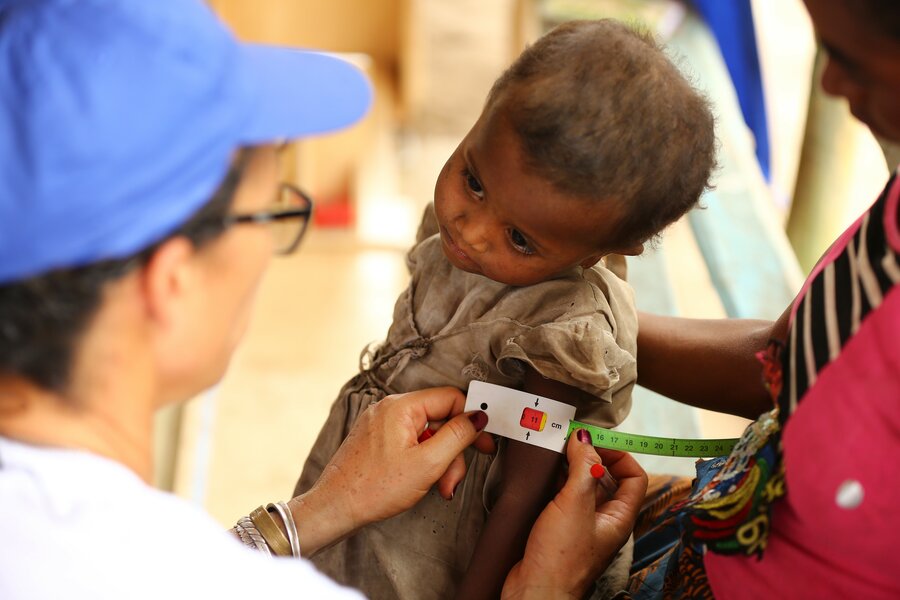
By Staff Writers
Southern Madagascar is on the brink of a humanitarian disaster, with 1.5 million people — just over half the region's population — in need of emergency food and nutrition assistance, including 75,000 pregnant and breastfeeding women, as COVID-19 collides with the early onset of a treacherous dry season.
"People dig into the sand to find water but they rarely find any," WFP's Aina Andrianalizaha, who is visiting affected areas, wrote in an email. "They have to walk several kilometres from their villages or hamlets to fetch water."
Donate Now | United Nations World Food Programme
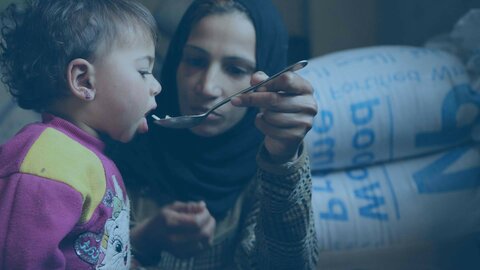
She added: "They can no longer plant and have, as a result, come to offer to exchange their scarce cooking utensils for a piece of cassava."
According to the latest Integrated Food Phase Security Classification figures, 100,000 children aged under 5 are in danger of acute malnutrition — 19,000 appear to be in a ‘severe' situation.
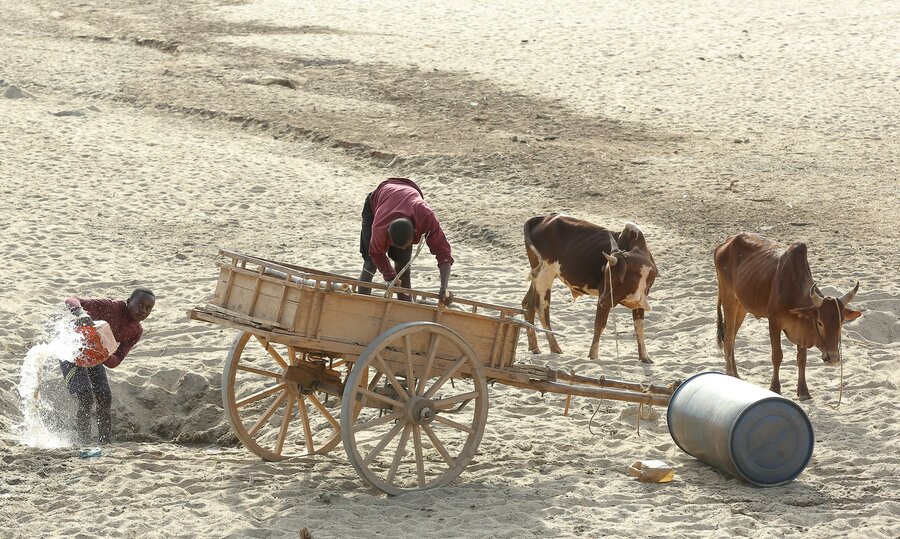
The World Food Programme (WFP) is calling for nearly US$35 million to avert catastrophe in the country of 25.5 million people in coming months.
In September, WFP started lifesaving emergency food assistance reaching more than 100,000 people in a few days through food distributions in the District of Amboasary, where the situation is more critical; the organization also supplied hot meals to 2,000 malnourished school-aged children and elderly people.
The WFP team visiting the village of Ankilimavatse in Amboasary — where fertile lands dried up two years ago — spoke to a 9-year-old boy called Monja. He said: "[My parents] told me I wouldn't be able to go to school for a while because they couldn't afford it anymore. I was a little sad, but there was no alternative."
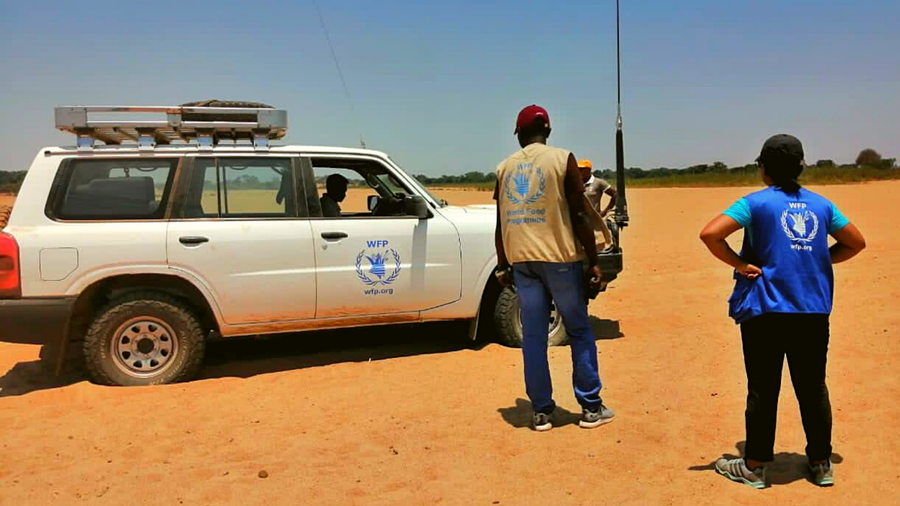
Monja added: "In the beginning, we only ate a little rice once a day. Sometimes my parents didn't eat anything so that my sister and I could have more."
After a period with no source of income, Monja's parents, like everyone else in the hamlet, ended up eating raw mangoes, because waiting for them to mature would have taken longer. Then his father died.
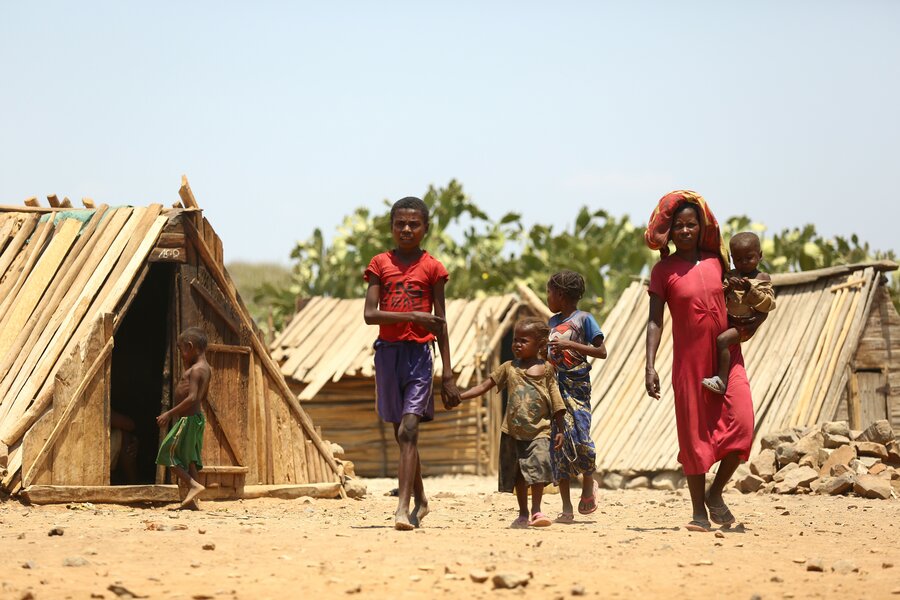
"He went out every morning to get mangoes," said Monja — that job now falls to him and his cousin. "If he couldn't find mangoes, he came back with tamarins that my mother mixed with kaolin — my mother is still mourning his death."
On occasion, he's "felt so tired that I couldn't fetch the mangoes and tamarins for several days".
Today, Monja and his family may still eat mangoes for lunch to save food supplies but he says he no longer feels as tired as he used to. "I'm confident we're going to get through this."
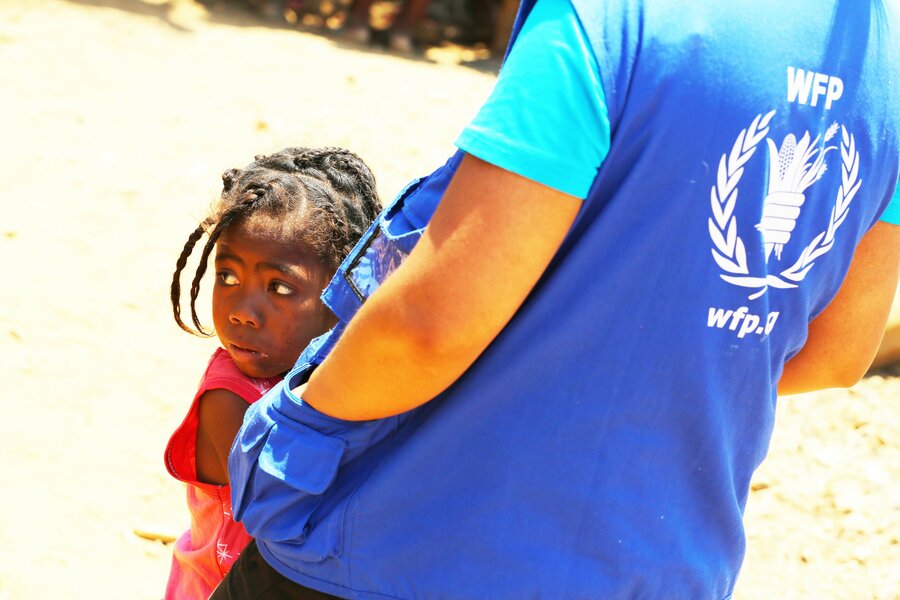
An assessment conducted in the District of Amboasary in mid-October found more than 75 per of children withdraw from school because of hunger-related issues. Child labour is increasing because children find themselves working to help parents in the search for food.
Between now and June, WFP aims to extend its reach to from 560,000 to 891,000 through in-kind distributions and cash-based assistance in nine districts: Toliara II, Betioky Sud, Ampanihy, Bekily, Beloha, Tsihombe, Ambovombe and Taolagnaro.


